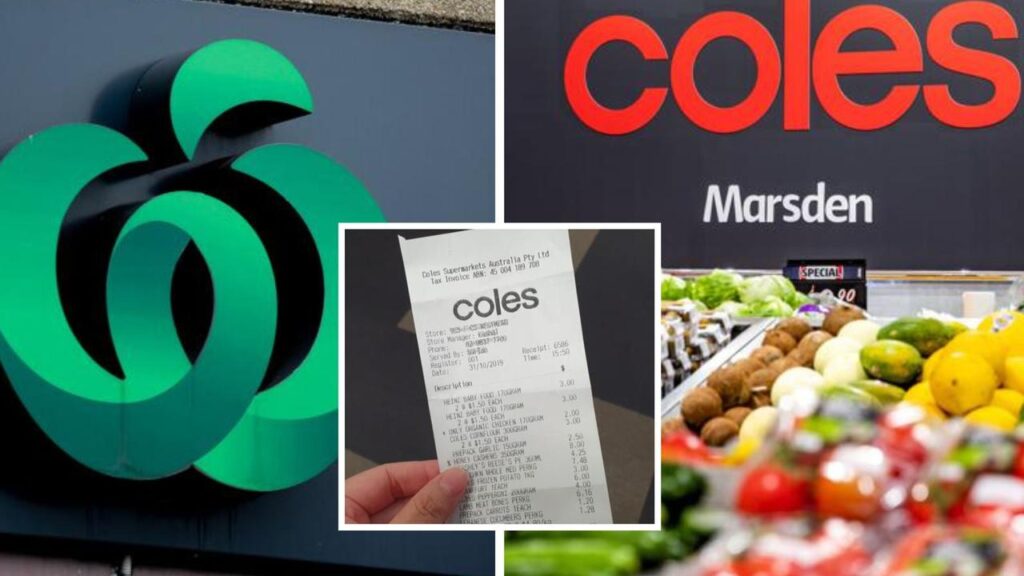‘Absolutely vital’ tool Scott Pape wants kids to have
Written by admin on July 28, 2024
Arming kids with tools to protect them from digital fraudsters starts with their ABCs, experts say, as improving online security measures for children becomes increasingly essential.
With the Prime Minister’s Spelling Bee passing 20,0000 student registrations in its opening week of the school round, the Barefoot Investor and father of four Scott Pape said literacy was “absolutely vital” for protecting children – and their financial decisions – online.
Australian mums and dads apparently agree, with exclusive new Fonto survey results commissioned by classroom news site Kids News revealing the majority of surveyed parents (66 per cent) believe that literacy is fundamental to protecting digital identity.
“Our kids are being tracked and targeted like never before, from advertisers, online influencers to scammers,” Pape said. “It’s our responsibility to ensure they not only have a strong understanding of the written word, but importantly also the underlying context”.
Gen Alpha’s digitally-led lives make this cohort especially exposed to ever more sophisticated scams because their digital footprints are starting so young, colliding head-on with a period of rapidly advancing technology.
Among the 1002 surveyed parents of children aged 0-18, 61 per cent agree that literacy helps protect against online fraud or scams, with common scam telltales including misspelt words, poor grammar and faulty punctuation.
The Commonwealth Bank kids’ pocket money app Kit even comes with quests and quizzes like Scam Detective to teach kids how to spot a scam. Kit managing director Yish Koh said it was important for children to know from an early age when something wasn’t right.
“We specifically cover that as a tip in Scam Detective, in the little quest that kids do to pick up on spelling mistakes and wrong grammar,” Ms Koh said. “I definitely think if the kids are not able to identify that, (it’s) a bit of a concern.”
Ms Koh said children aged six or seven tended to fall for purchasing scams.
“Like a website where they’re buying a good and that merchant doesn’t actually exist, so they spend their money then they never get a product,” she said.
“As they get a little bit older, although there are supposedly age restrictions for social media, we do know that kids younger than 13 get onto social media,” she said. “Social media is prolific for those kinds of scams where they might be either befriending children, creating a relationship with them and then asking for money, or again, scam merchants.”
Co-author of Generation Alpha: Understanding Our Children and Helping Them Thrive, demographer Mark McCrindle said “knowledge is power”.
“Confidence in English and a good grounding in literacy gives them agency to communicate and the ability to discern improper communications,” he said. “And not only scams where obviously the typos, the mistakes, the poor construction of the syntax and spelling errors makes many scams evident, but also just to arm themselves against false information, against spurious arguments, against philosophies that have alternate agendas.
“If they understand and have a good comprehension around the English language and literacy, they can better contend against, decipher and be prepared to combat that.”
Indeed, the Fonto survey shows 60 per cent of parents agree literacy is important for a child’s future economic success.
Ms Koh pointed to the intersection between three essential literacy types for a child’s future prosperity: foundational (spelling, reading, writing, grammar, punctuation), financial and digital.
“If you want to be financially well, you have to have a level of money smarts, of financial capability,” she said. “Financial literacy for us is about the knowledge, which is very important, but you also need to have behaviours and positive attitudes.”
But kids shouldn’t be “the last line of defence” against corrupt online activity, Ms Koh said. She called on government and social media platforms to do far more to stop it.
“There’s a lot more that needs to be done,” she said.
ABOUT THE BEE
● The Prime Minister’s Spelling Bee is a free, online competition for students in Years 3-8.
● Teachers can register students to play now until the national school round ends on Friday, August 23.
● State and territory finals will be held from September 2-6 and the national finals on September 11-12.
● Students compete at their school in three levels: Green level for Years 3-4, Orange level for Years 5-6 and Red level for Years 7-8.
● They get 30 randomly selected words from their competition level and have 25 seconds to type each answer. The students with the most correct words in the fastest time progress to finals.
● The national champion in each age group wins a trip to Canberra to meet
the Prime Minister, an iPad, HarperCollins book pack and a $1000 voucher for their school.
For more information go to:







